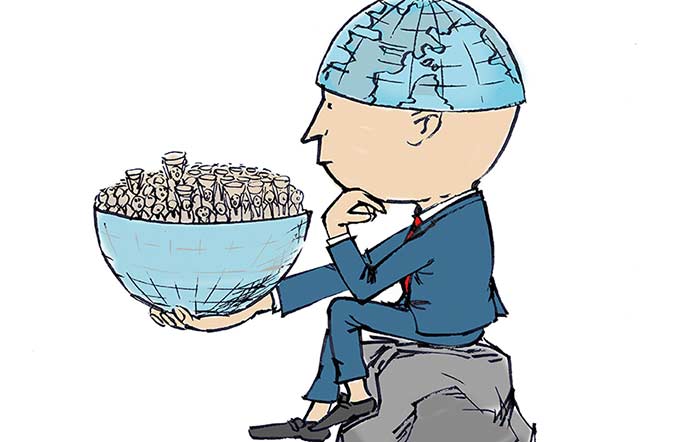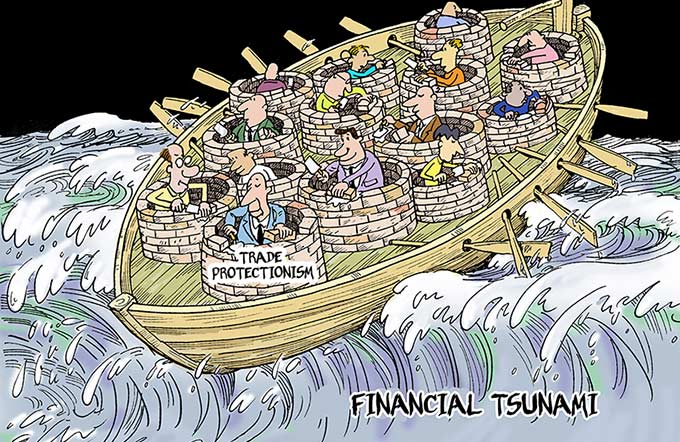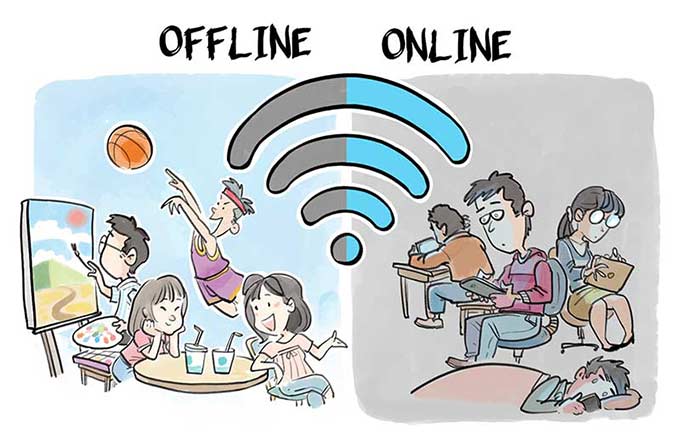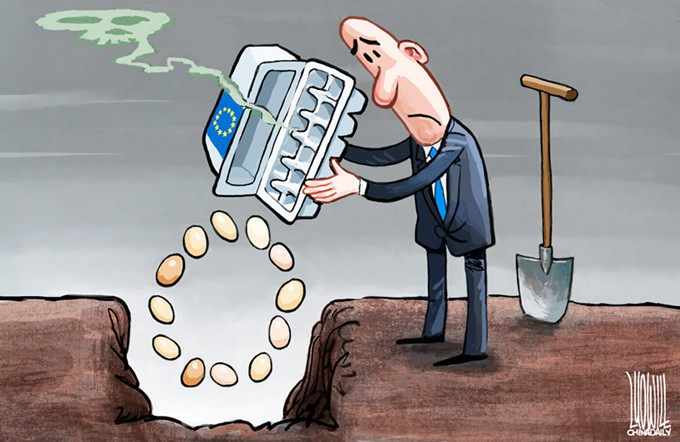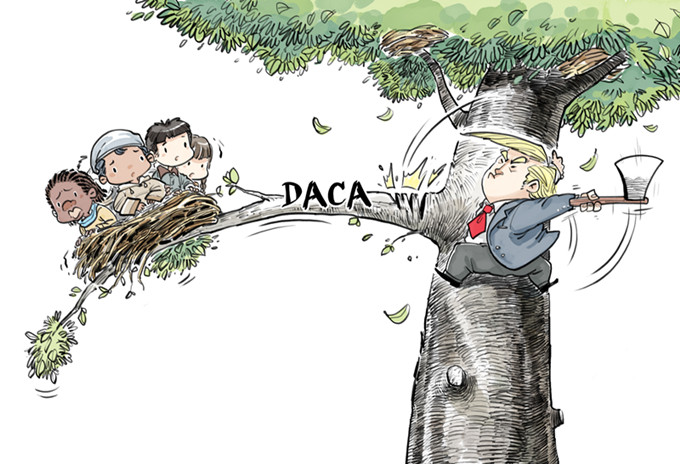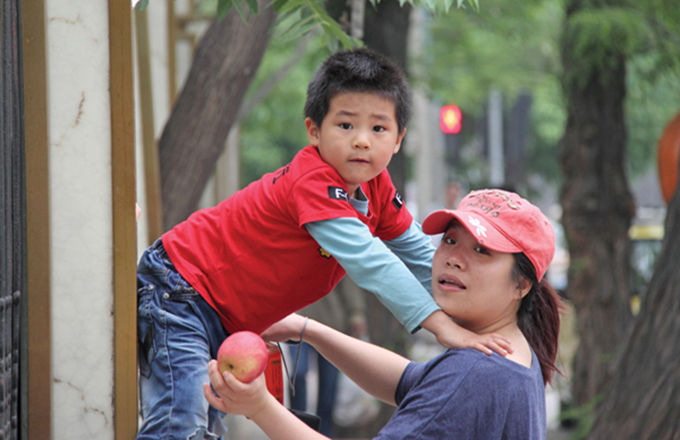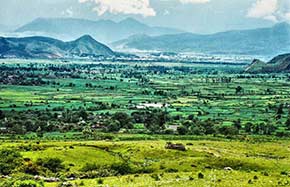DPRK seeks security through wrong means
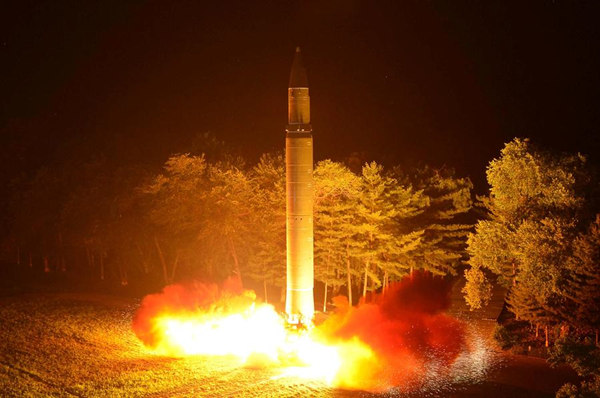 |
|
Intercontinental ballistic missile (ICBM) Hwasong-14 is pictured during its second test-fire in this undated picture provided by KCNA in Pyongyang on July 29, 2017. KCNA via Agencies |
The Security Council sanctions against the DPRK include a ban on the country’s textile exports and restrictions on crude oil imports.
The Security Council’s ninth package of measures against the DPRK since 2006 came amid escalating tensions on the Korean Peninsula and high vigilance by all parties concerned. Reports say the United States, whose Pacific territory Guam is under the perceived threat of Pyongyang’s intercontinental ballistic missiles, “considerably” watered down its draft sanctions resolution demanding a complete oil embargo and a partial naval blockade to win the support of China and Russia.
The motives of Washington, however, go beyond “avoiding a Chinese or Russian abstention” from a UN resolution. The US’ oil embargo proposal is an attempt to make the Washington-Pyongyang dispute, a focal point of the DPRK nuclear program, Beijing’s exclusive problem, as China is the DPRK’s biggest oil supplier.
And even if China does not veto such a full ban, Russia, another major oil supplier to the DPRK and also a permanent member of the UN Security Council, is not likely to support it.
The ban on DPRK’s textile exports, reportedly the second-most important source of income for the country, might make a difference. The latest sanctions ban the export of oil condensates to the country and cap refined petroleum exports at 2 million barrels a year, cutting by half the existing export levels.
The nuclear ambitions of Pyongyang are posing a serious security threat to the international community, including China. Its insistence on continuing its nuclear program and developing ICBMs is scaling down the room for strategic maneuvering and consuming China’s diplomatic resources to no avail.
As a responsible power, China always fulfilled its responsibility of making the best efforts to ease tensions on the peninsula. On the occasions that China has agreed to the sanctions against the DPRK, it has done so to help Pyongyang return to the right track and has always taken into account the livelihoods of the ordinary people in that country.
Pyongyang may not be a stranger to economic sanctions, but this time it faces a moment of truth. Not only do the fresh sanctions touch upon its oil imports and textile exports, they could also entail increasing diplomatic pressures. Mexico and Peru, for instance, have expelled the DPRK ambassadors to the two countries over its nuclear test. And the UN economic sanctions could well be the last of their kind should the DPRK snub them.
More importantly, neither the DPRK’s betting on its nuclear prowess nor the controversial anti-missile battery of the US and the Republic of Korea will be good options to achieve “absolute security” on the peninsula. It’s high time the related parties heeded China’s suggestions on “dual suspension” — Pyongyang suspends its nuclear and missile tests in exchange for the US and the ROK suspending their joint military drills — and resumed talks as soon as possible.
Sun Xingjie is the deputy dean of the School of International and Public Affairs, Jilin University. The article is an excerpt from his interview with China Daily’s Cui Shoufeng.





